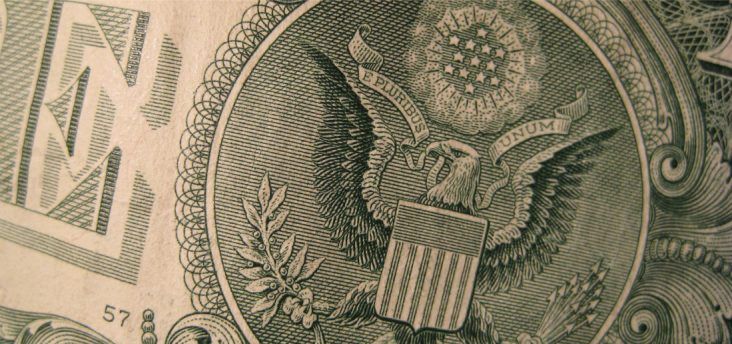Economist: $2.2 trillion spending package will help, but more will be needed
by March 29, 2020 10:28 pm 444 views

University of Arkansas Walton College of Business economist Mervin Jebaraj sees a lot of potential for the $2.2 trillion spending package approved by Congress to help prop up American commerce, but he thinks even more will be needed.
“I think it is going to have a positive impact in the sense that it is going to provide some confidence to businesses and to individuals about where their income will be in the next few months for as long as that package lasts. I do think they’re going to have to go back and add more benefits for businesses again, maybe again for individuals as well,” Jebaraj said.
From generous unemployment benefits to cash in consumers’ pockets to a variety of loans and financial support for small and large businesses, Jebaraj said the unprecedented nature of the economic shock caused by the COVID-19 pandemic will lead to short-term and long-term needs for stimulus.
He said unemployment claims are poised to leap in a major way beyond the 3 million claims announced Thursday.
“The sheer increase in the number of unemployment claims here in the United States gives you a scale of how widespread the impacts of coronavirus are on our economy. In fact, ever since we’ve started measuring unemployment claims like this from all the states put together nationally, we have not seen an increase like this in one reporting period, not during any of the recessions, including the Great Recession that we’ve had,” Jebaraj said.
“We’re going to have a huge unemployment rate number that is announced nationally. We’re going to see state unemployment numbers across our country very likely get close to doubling in most jurisdictions. And I think right now it looks like the unemployment claims that were released on Thursday might actually be an under-count because I think there are kind of long lines, if you will, to wait online and by phone to apply for unemployment and not everybody that could apply for unemployment has applied for unemployment,” he said.
Jebaraj and the UA Walton College have already calculated some preliminary numbers to look at how local economies – particularly the more urban areas of the state – will be impacted by the closing and scaling back of businesses ranging from restaurants to barber shops and hair salons to to many other industries. He estimates that the combined hit for local governments, which rely on tourism and sales taxes for city functions, will be in the hundreds of millions of dollars.
“We’ve tried to do some back-of-the-envelope estimates on what the sales tax impacts would be across our state in big cities,” he said, noting that it could have more than a half-billion dollar negative impact on major cities. The $2.2 trillion Congressional relief measure does have funds to direct to local governments and that should help.
“It’s not a stimulus bill as much as it is a disaster recovery bill at this point,” he said. “But I fully expect that the federal government will have to revisit and add more money over the next few months.”
You can watch Jebaraj’s full interview in the video below.
